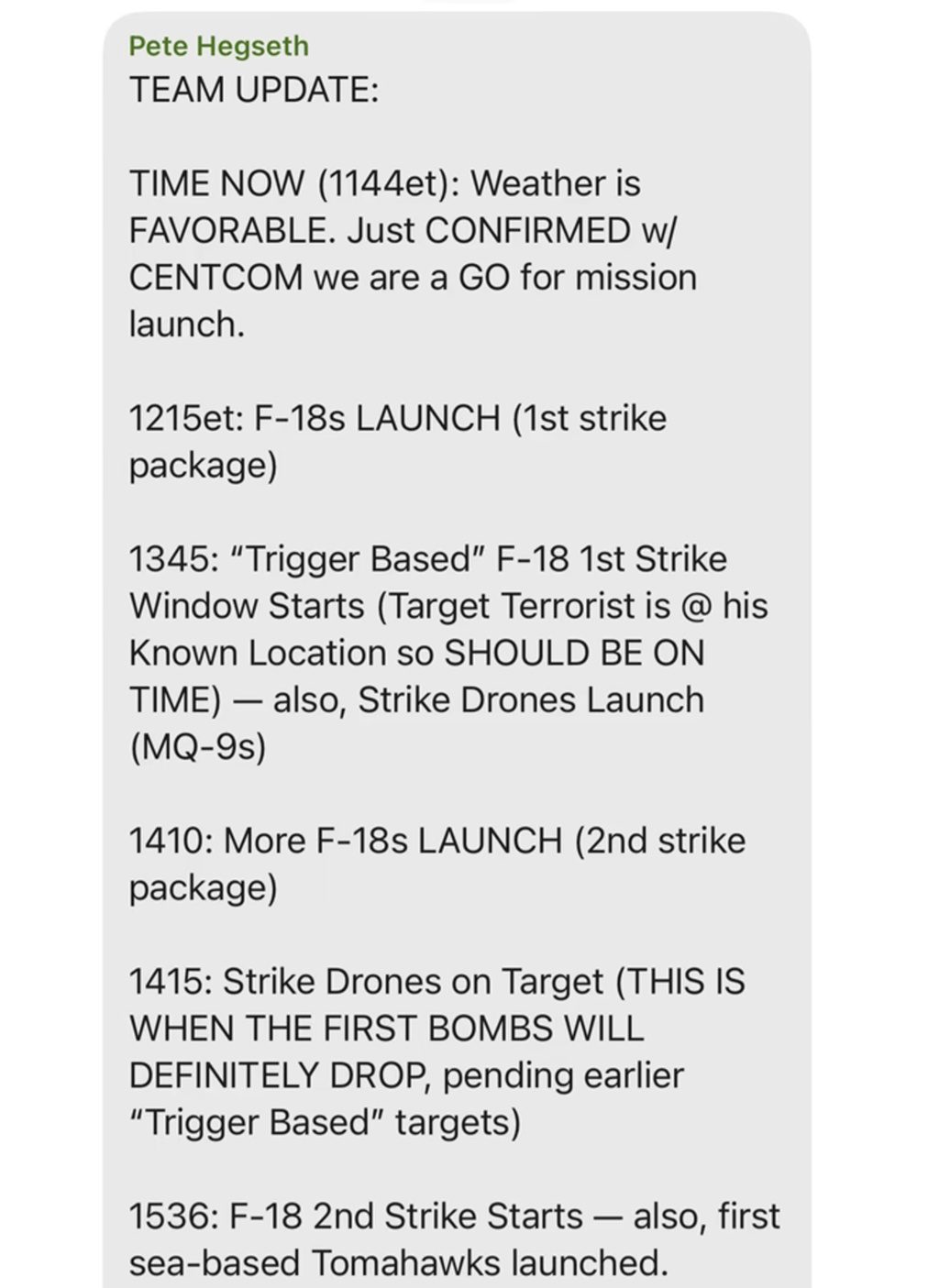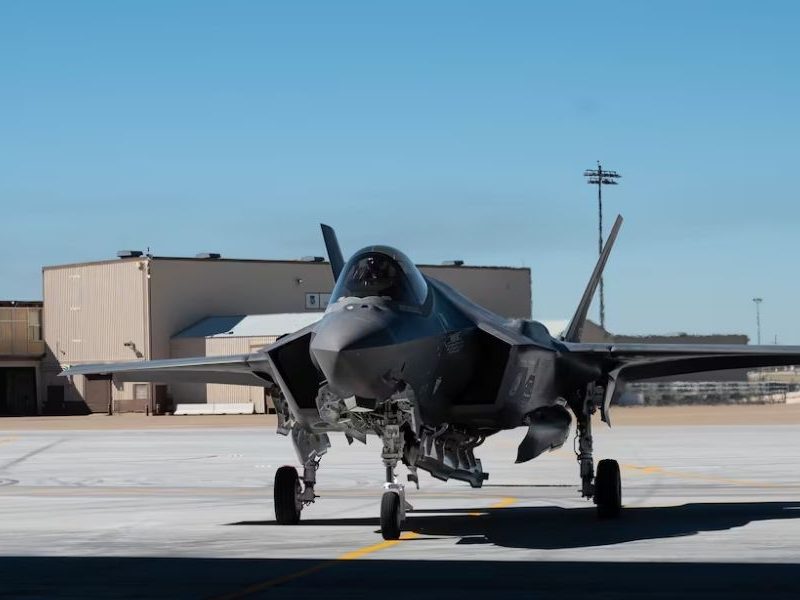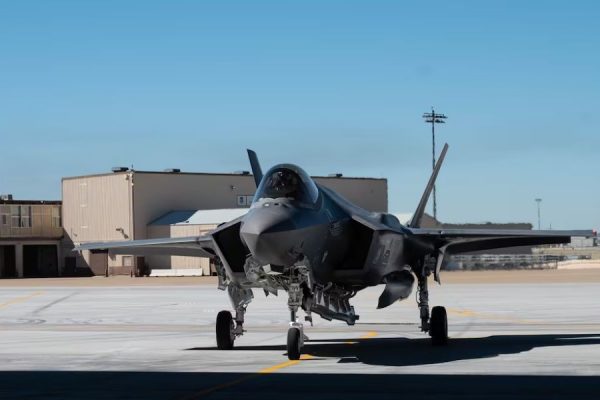WASHINGTON: Recently released messages expose a significant security risk in the US-led Yemen strikes. Top Trump officials exchanged details in a Signal group chat.
The Atlantic obtained and published messages that reveal how operational specifics were shared before the attack took place. The information included mission timing and weather conditions.
Defense Secretary Pete Hegseth initially denied that war plans were discussed in the chat. However, the new messages contradict his claims.
At 11:44 a.m. ET, Hegseth wrote that “weather is favorable” and confirmed the mission with CENTCOM before launch.
Dangerous Leak
According to The Atlantic, the information was received two hours before the bombing of Houthi targets.
The report highlights how such leaks could have jeopardized US military personnel if intercepted by adversaries.
Details included exact flight takeoff times, exposing American pilots to greater risks during the operation.
National Security Adviser Mike Waltz later confirmed that the target site collapsed, indicating mission success.
Hegseth also notified the group that additional strikes would follow.

White House Response
After The Atlantic published the messages, the White House pushed back against the report.
Despite efforts to discredit the findings, the National Security Council confirmed the authenticity of the texts.
Officials insist that the leaked information was not classified but acknowledge the security concerns.
The breach raises questions about communication protocols in handling sensitive military operations.
The full impact of the leaked information remains uncertain, but experts warn of potential risks to national security.
Investigations Begin
National security analysts argue that such leaks compromise operational integrity.
Some lawmakers are now calling for a deeper review of digital communication use among top officials.
The controversy adds to the growing debate over cybersecurity risks in government operations.
With tensions in the region, experts stress the importance of safeguarding military intelligence.
The leaked messages have sparked concerns over future military engagements and operational secrecy.












